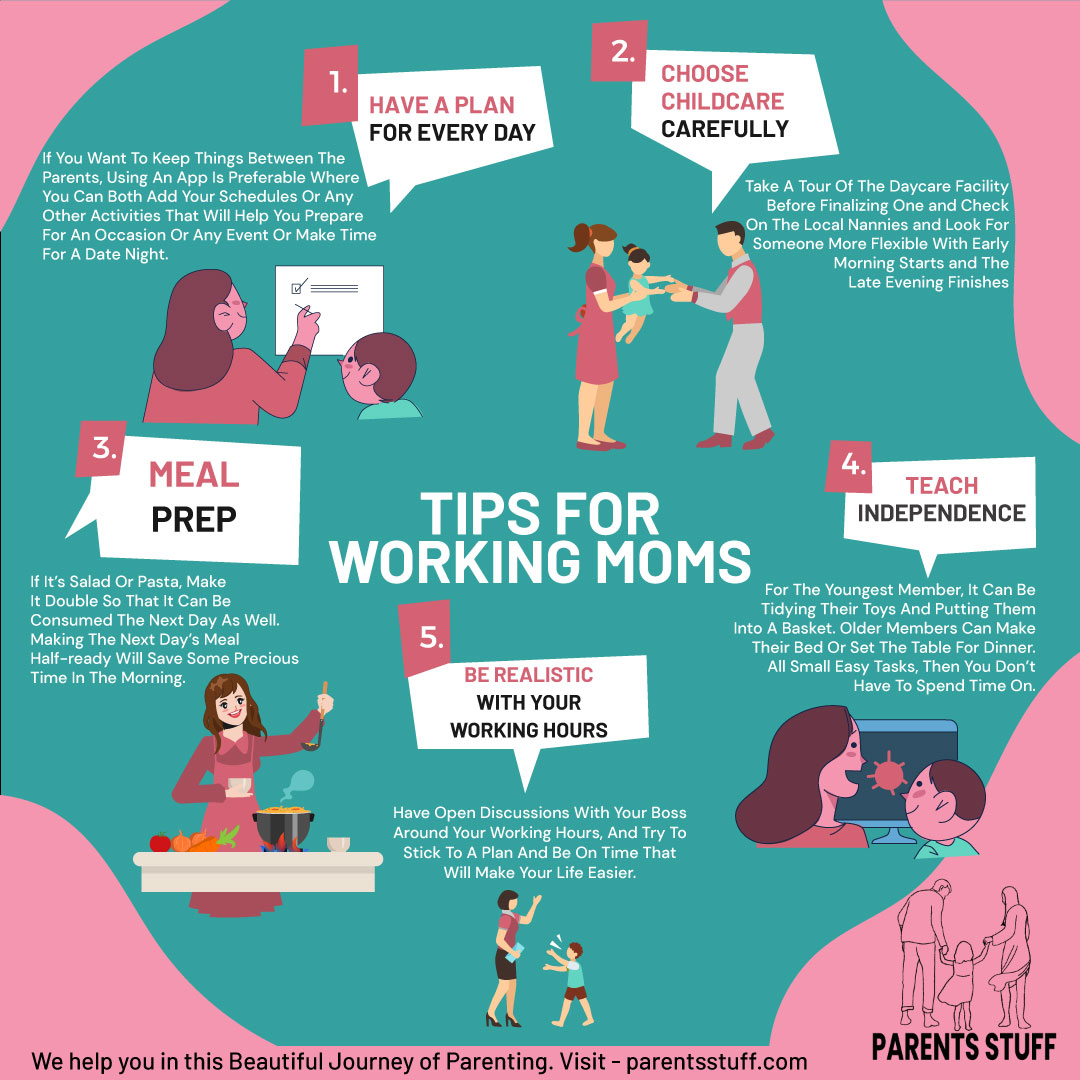Organizing an effective parent-teacher meeting can increase family involvement in your classroom and help encourage positive outcomes for you, your students, and your school. For many teachers, parent meetings are often escorted by a sense of anxiety. But parent-teacher meetings can be productive. We have gathered here some tips for parent teacher meeting from both teachers’ and parents’ perspectives and known strategies to improve attendance, communication, and student outcomes.
1. Talk To Your Child:

Discuss with your kid if there is anything that he would like you to communicate to his teacher. Because most of the time, kids are shy or scared to discuss a few things with their teachers. Talking beforehand will help you understand your ward’s feelings toward his teacher and class and get you an idea of what to expect.
2. Get Informed:

Take utmost care that you are familiar with your school’s protocols on progress reports or report cards, grading policies, and any other student assessment tools. As you move through the meeting, the report card or progress report can be a trigger for discussion and help guide you through the meeting. Also, have any standardized test results available to share, if possible.
Visit: effects of parental criticism on kids
3. Prepare Your Materials:

Preparing materials well before the meeting will make you feel more relaxed when families show up at your classroom door. As you are teaching during the school year, remember which assessments will be shared and reported at meetings. Evaluate student data, assignments, and assessments that you’ll be sharing with parents, and make notes about what you would like to enquire parents about their children to support learning.
You can also prepare a rough draft or agenda for meetings and share it with parents so they know what to assume. Some teachers have worksheets with strengths, needs, and social or behavioral notes to direct them through meetings.
“The duties of a teacher are neither few nor small, but they elevate the mind and give energy to the character.”
4. Send Informative Invitations:

One of the most appreciated tips for parent teacher meeting is a formal invitation. Be sure to inform the importance of attending conferences at school and other parent forums, and let parents know that they are an important part of their child’s instructional team. When you send home the news about the meeting date and time, give parents several choices in meeting times. On the invitation, remind parents that they will be able to ask any queries because an effective parent-teacher conference is a two-way discussion about students. You might also want to make sure parents are respectful of other parents’ time and be clear that the duration of the meeting won’t be extended if parents come late.
A week or so before the meeting, send home notices of where and when the conference will be held, as well as the meeting agenda. If a struggle arises and an in-person meeting is not an option, try to schedule another way to meet, via phone or video. If you’ll be at a phone- or video meeting, send home copies of materials beforehand so parents can have them in hand while you talk.

5. Create A Welcoming Environment:

Make your classroom attractive by displaying students’ work, and making enough space for the meeting with tables and chairs having enough space so that parents can sit on them. If parents need to bring their child or other siblings, have a different area with puzzles, games, worksheets, or computers to bound distractions. Keep paper and pens available so parents can take notes.
Visit: exam stress management strategies
6. Open With Positives:

When you start the discussion, remind parents that the motive of this meeting is to share information about their ward’s academic progress and growth and how their child co-operates in the school environment. All parents are delighted with their kids and want to hear about their child’s strong points as well as challenges, so be sure to discuss both, but start with the positives.
Talk over progress and growth. Tell parents about their child’s ability levels or mark levels in different areas. Many parents want to know how their kids compare to their peers, but remind them that you are discussing their child’s intellectual levels, not their standing in class. You should, still, inform them about grade-level expectations and how the student is performing in that context.
7. Follow Up:

A small thank-you can go a long way. Many parents have to take time off work or hire babysitters to attend the meetings, so think about taking the time to thank parents verbally or with a gesture. You can also ask students to write a thank-you card to their parents or guardians for attending and supporting their education. In the cards, remind parents to communicate with you if they have any more questions or concerns. Be sure to connect to parents who did not attend the meeting and offer alternative ways to discuss their child’s progress.

8. Communicate Regularly:

Let parents see what is going on with their children in an ongoing fashion. Keep parents informed about class projects, homework and other assignments, students’ achievements, and any problems or concerns that may occur.
“Students don’t care how much you know until they know how much you care.”
9. Tell Your Child What You Discussed:

Take key notes of what you have discussed to share with your child. Discuss openly with your ward about the things that were discussed with the teacher and ask your child’s view on it. This way, the child will also know his ranking in the class and you two can discuss how your child can improve his grades.
Visit: parenting tips for sensitive child
Parents and teachers are on the same side when it comes to guiding students to achieve their goals. Following these tips for parent teacher meeting can help you create partnerships with parents and guarantee that all your students are prepared to succeed and fulfill their dreams.

